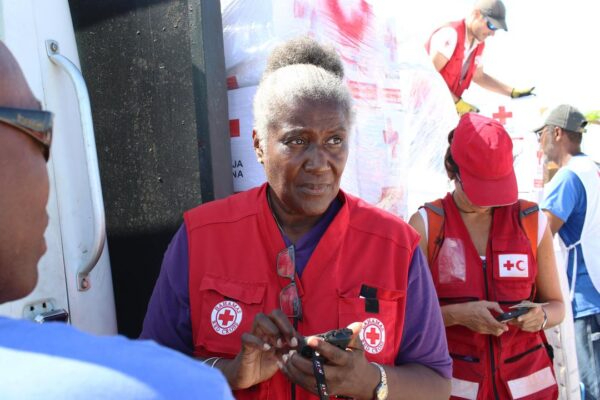SONATAnotes
What Can NGOs Do to Help Refugees Acquire Critical Job Skills?

Despite the hysterics of far-right nationalists, influxes of refugees have the potential to positively impact economies all over the world. Take Germany, which faces a shortage of over one million skilled workers, with 60% of companies citing finding skilled workers as their biggest challenge.
Yet many refugees find themselves at a disadvantage when compared to native workers because they did not have the opportunity to develop crucial job skills in their birth countries. As Achim Dercks, deputy managing director of the Association of German Chambers of Industry puts it, “Someone who comes from Eritrea and says he was an electrician might have repaired a radio or laid a cable there, but he might have never seen a fuse box, as we use it.”
NGOs and nonprofits can play a vital role in helping refugees enter the workforce by providing training on essential job skills and assistance with job placement. Based on Sonata Learning’s experience developing training programs for NGOs/nonprofits, major manufacturing/industrial clients and the trades, we offer the following recommendations:

Emil Heidkamp is the founder and senior learning strategist at Sonata Learning. He works with NGOs, corporations and government agencies to implement training and knowledge management initiatives impacting thousands of learners in over 50 countries.





